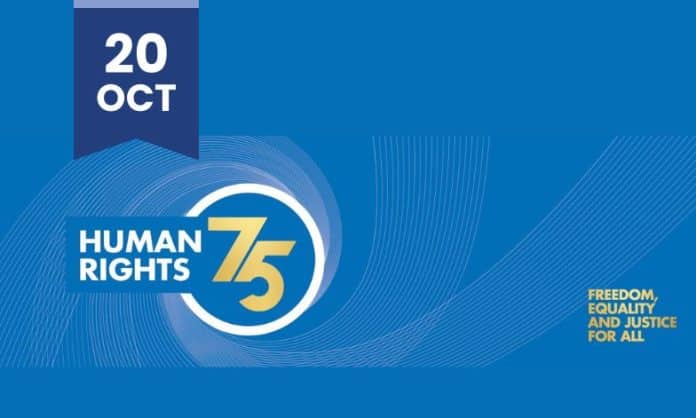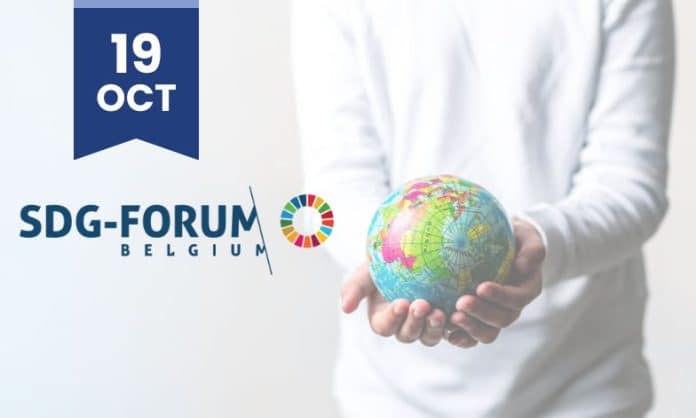20 October, Brussels: Human right to a clean, healthy and sustainable environment.
Learn more (PDF)
Main objectives: Advance implementation and raise the visibility of the right to a clean, healthy and sustainable environment in the context of the Human Rights 75 (HR75) Initiative. HR75 Initiative aims to inspire new global, regional and national commitments, pledges and other takeaways from Member States, civil society organisations and other stakeholders. These pledges, commitments and takeaways will feed into the Human Rights 75 High-Level event on 11-12 December 2023 in Geneva, Switzerland and other international and intergovernmental processes and negotiations.
Participants: European and Central Asian States, European Union (EU) and institutions,
Council of Europe (CoE), Organisation for Security and Cooperation in Europe (OSCE), UN agencies and entities, experts from the UN and regional organisations, national human rights institutions and equality bodies, civil Page 3 of 5 society organisations, human rights and environmental human rights defenders, academics, youth and children representatives.
Venue: Egmont Palace, Europa Room, Brussels
Dates: 20 October 2023, 9:00 – 17:00
2023 marks 75 years since the adoption of the Universal Declaration of Human Rights. The 75th anniversary is an opportunity to rejuvenate the Universal Declaration of Human Rights, demonstrate how it can meet the needs of our time and advance its promise of freedom, equality and justice for all.
To commemorate this foundational text, the Office of the High Commissioner for Human Rights (OHCHR), in partnership with the United Nations Environmental Programme (UNEP), is organising a Regional Dialogue on the right to a clean, healthy and sustainable environment, pursuant to Human Rights Council resolution 52/19 (A/HRC/RES/52/19).
On 28 July 2022, the United Nations General Assembly adopted a landmark resolution 76/300 (A/RES/76/300) recognising the human rights to a clean, healthy and sustainable environment. The resolution catalysed States’ efforts to ensure the promotion, respect and enjoyment of this right. Nonetheless, climate change-induced disasters continue to rise, intensifying existing and emerging human rights vulnerabilities, even within regions and communities that typically demonstrate greater resilience. Additionally, the detrimental consequences of environmental degradation are progressively propelling migration, including from nations previously less exposed to such challenges. Regrettably, individuals in vulnerable situations and those residing in countries with elevated exposure and limited adaptability are still disproportionately bearing the brunt of these consequences.
Across Europe and Central Asia, there has been an increased awareness regarding the imperative to tackle the triple planetary crisis, leading to renewed efforts to develop national frameworks and regional legal instruments and processes as well as promoting the important role of environmental and indigenous human rights defenders and supporting at international and regional level discussions advancing the human right to a clean, healthy and sustainable environment.






